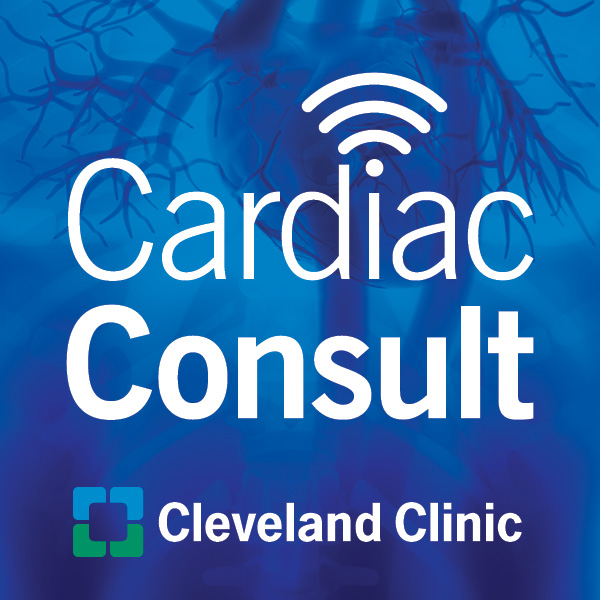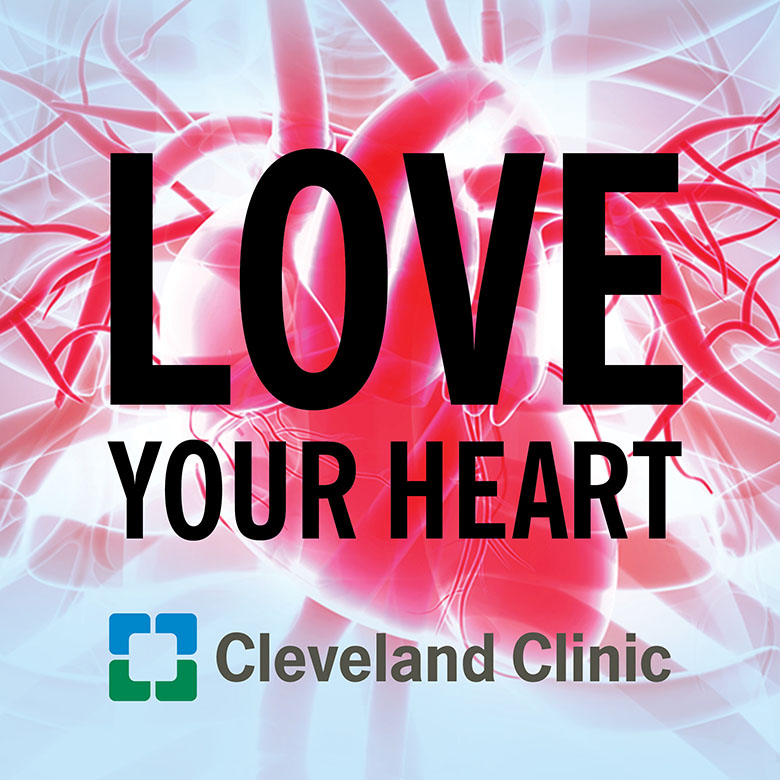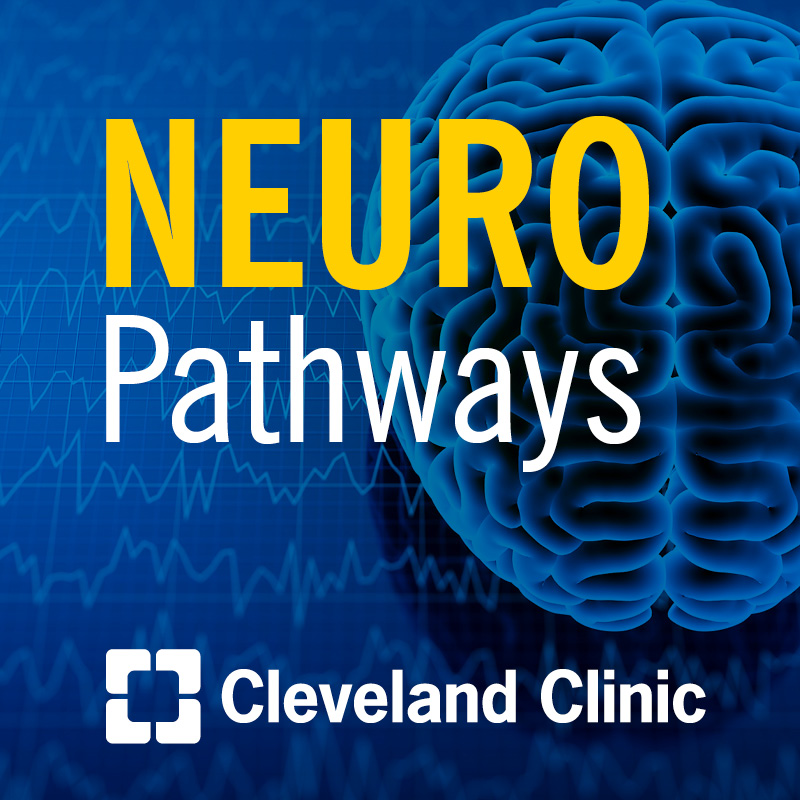Lung Transplantation Volumes and Outcomes

Kenneth McCurry, MD, provides an update on lung transplant volumes and outcomes for the Department of Thoracic and Cardiovascular Surgery at Cleveland Clinic.
View the case study and patient story Dr. McCurry shared.
Learn more about the Department of Thoracic Surgery.
Looking to refer a patient? Please reach out to our Physician Referral team Mon. - Fri., 8 a.m. - 5 p.m. (ET) at 855.751.2469.
Subscribe: Apple Podcasts | Buzzsprout | Spotify
Lung Transplantation Volumes and Outcomes
Podcast Transcript
Announcer:
Welcome to Cardiac Consult, brought to you by the Sydell and Arnold Miller Family Heart, Vascular and Thoracic Institute at Cleveland Clinic. This podcast will explore the latest innovations, medical and surgical treatments, diagnostic testing, research, technology and practice improvements.
Kenneth McCurry, MD:
On behalf of the team, I'm certainly very happy to present our results and give you an update on our lung transplant program. The status of our lung transplant program remains strong, as it has been for over a decade, going on 15-20 years. We remain among the largest, if not the largest volume lung transplant program in the United States, or about 75 overall. We've consistently ranked as #1 - #3 in the country year to year, outstanding outcomes. We’re really, truly, a program of last resort. About 20 to 25% of our lung transplant patients are declined for lung transplantation at other centers.
Indeed, we have the highest case mix index in the United States for lung transplant programs. Fortunately, thanks to Shinya [Unai]’s lung transplant that he finished a couple of hours ago, we continue to do well in 2025. All of this is certainly due to the best people and the best team. Thank you all for what you do.
We continue to get referrals from across the country, internationally as well, particularly from the Middle East. We get a number of patients. Shown here is our lung transplant volume year over year. We finished 2023 first in volume at 128 transplants.
Last year, we actually did 142 transplants, which was second in volume in the country by just a slight amount. High volume, high acuity, very sick patients who are declined elsewhere.
The excellence, I think, we've maintained over the last 15 years or so, again, thanks to all of you and to the teams, that we have here at the clinic.
Despite this complexity and these very complex patients, very high case mix index, our lung transplant mortality continues to decline. We continue to refine techniques and ways of evaluating the lung so that our patients continue to do better. A big part of this has been our EVLP program. For those of you who recall, this is where we are taking lungs, putting them on a sort of essentially a mini-ECMO type device, doing things to make them better, and evaluating them. This has contributed significantly to our lung transplant volume over the last eight or so odd years that we've been doing this. Again, these are essentially, universally lungs that we otherwise would not be able to transplant. So, marginal lungs or bad lungs that we can put on this device and make them better.
We also developed other sorts of strategies where we can evaluate lungs that are sort of questionable, bring them back. Sometimes they undergo EVLP. Sometimes we take them straight to transplant. We have a plethora of intellectual property around this, and a number of techniques that have proved very advantageous that other programs now in the United States have adopted as well.
I'll finish with telling you about a recent patient we had early last year, just to sort of give you a flavor of what we do. Consistent with everything else you've heard this morning, this is a very complex patient. This is Mr. Don Elliott. He was a gentleman with alpha-1 antitrypsin deficiency. For years, he had progressive respiratory insufficiency, increasing shortness of breath, and oxygen requirements. More recently, as a result of the alpha-1 antitrypsin deficiency, he also developed cirrhosis, portal hypertension, ascites and then ultimately hepatorenal syndrome and ended up on dialysis. So lung failure, liver failure, kidney failure. He was declined by 1 or 2 programs. He was sent here, as you can see, quite sick. Ultimately, in collaboration with our liver and kidney programs, we decided to list him for lung, liver, and kidney transplant.
This is him post-transplant. This is the article that appeared in ConsultQD. There have only been four of these transplants performed in the United States. None for this disease. He was the first for that. This got a lot of attention in the national media. He subsequently has done quite well.
Even more than that, I think we all recognize the human aspect of what we do. He's a father, a husband and a grandfather. You can see here the life that he's enjoying after a triple transplant. So, thank you all for what you do and the contributions that you make.
Announcer:
Thank you for listening to Cardiac Consult. We hope you enjoyed the podcast. For more information or to refer a patient to Cleveland Clinic, please call 855.751.2469. That's 855.751.2469. We welcome your comments and feedback. Please contact us at heart@ccf.org. Like what you heard? Subscribe wherever you get your podcasts, or listen at clevelandclinic.org/cardiacconsultpodcast.

Cardiac Consult
A Cleveland Clinic podcast exploring heart, vascular and thoracic topics of interest to healthcare providers: medical and surgical treatments, diagnostic testing, medical conditions, and research, technology and practice issues.

